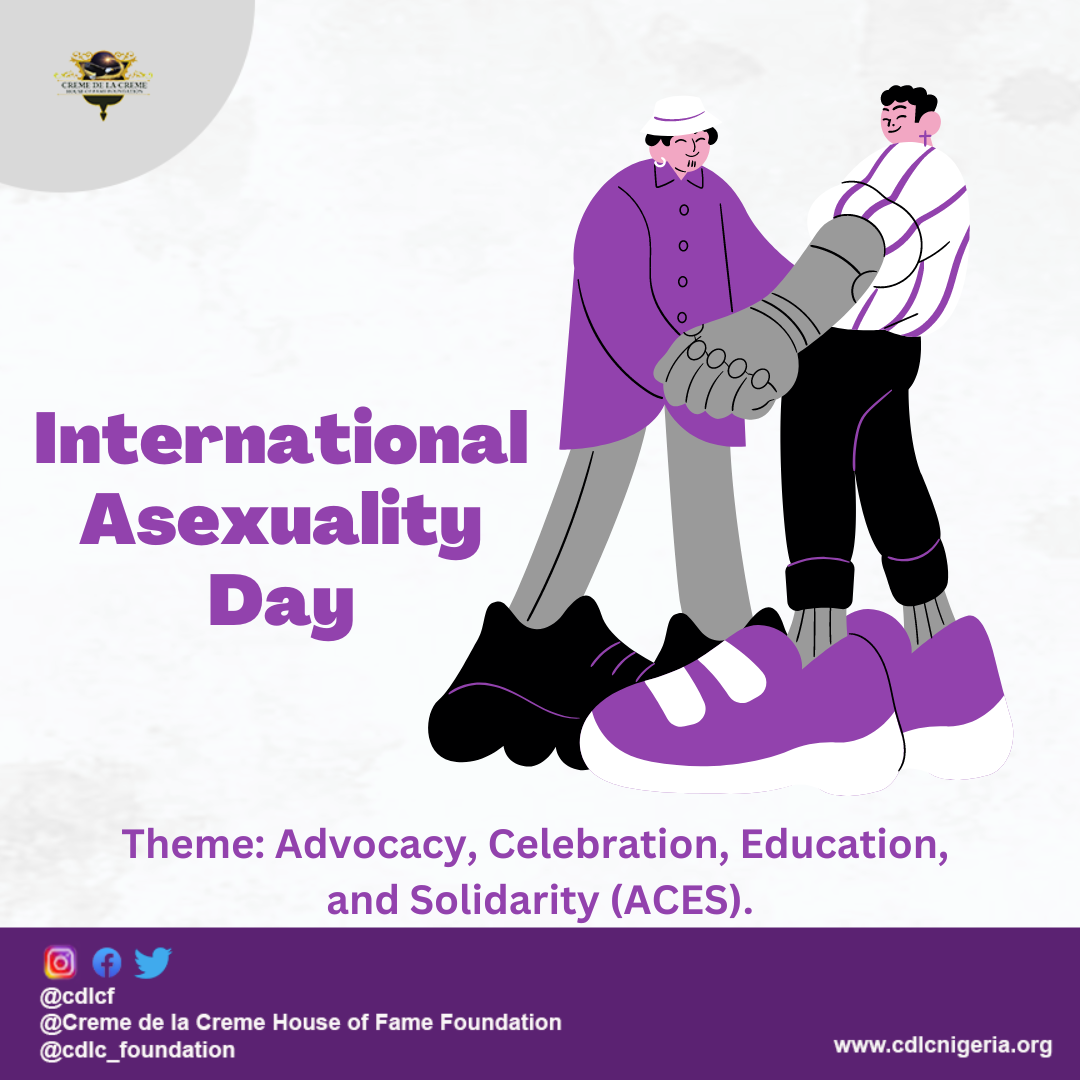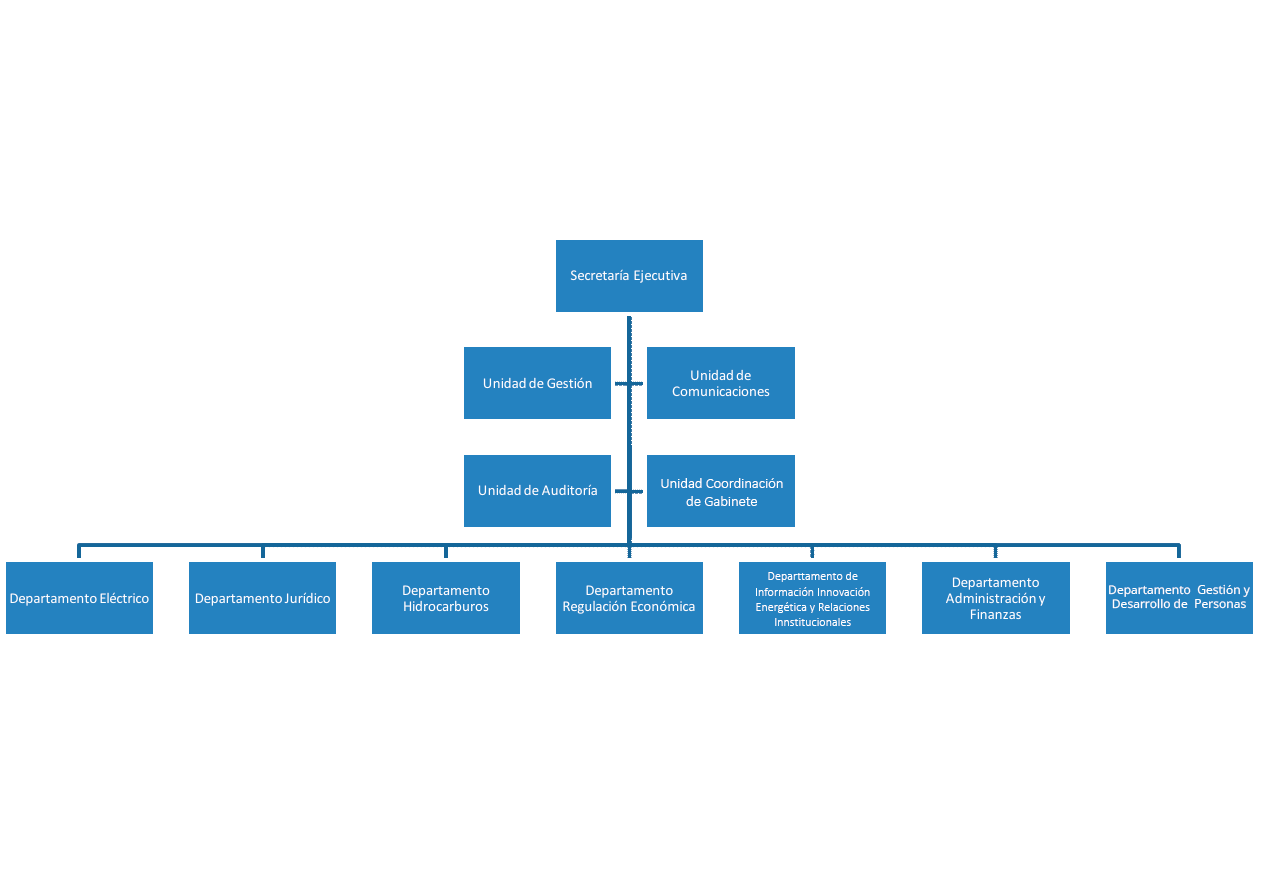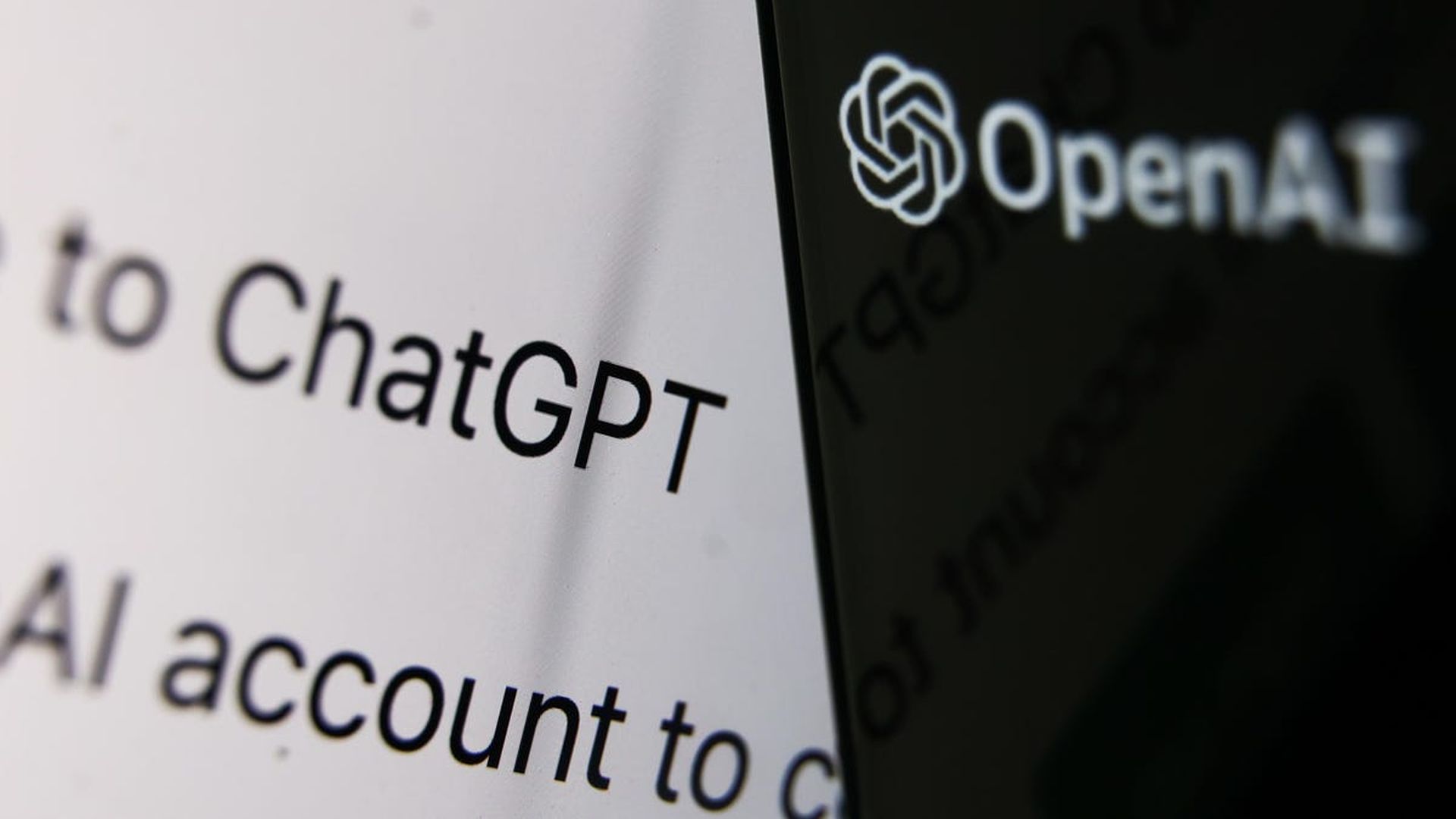Sex? No Thank You: Exploring Asexuality On International Asexuality Day

Table of Contents
What is Asexuality? Defining the Spectrum
Understanding asexuality begins with recognizing it as a valid and natural sexual orientation. It's not a choice, a medical condition, or a phase; it's simply how some individuals experience their sexuality. The asexual spectrum encompasses a wide range of experiences, making it crucial to avoid generalizations. A key aspect of understanding asexuality is recognizing its diversity:
-
Demisexuality: Individuals who experience sexual attraction only after forming a strong emotional connection with someone. They may not experience sexual attraction at all without that pre-existing bond. The demisexual experience highlights the intricate relationship between emotional intimacy and sexual attraction.
-
Gray-asexuality: This term describes individuals who experience sexual attraction infrequently or under specific circumstances. The intensity and frequency of their sexual attraction fluctuate, placing them somewhere between asexual and allosexual (experiencing sexual attraction). Gray-asexual individuals might identify with various points along this spectrum, emphasizing the fluidity of sexual identity.
-
Aromanticism: Aromanticism is the lack of romantic attraction. While often associated with asexuality, they are distinct concepts. An individual can be asexual and alloromantic (experiencing romantic attraction), aromantic and allosexual, or both aromantic and asexual. Understanding this distinction clarifies that asexuality solely relates to sexual attraction, while aromanticism focuses on romantic attraction.
It's essential to debunk common misconceptions. Asexuality is not a choice, nor is it a medical condition requiring treatment. Many asexual individuals lead fulfilling lives with rich relationships, both platonic and romantic, proving that a lack of sexual attraction does not equate to a lack of capacity for love and connection.
Challenges Faced by the Asexual Community
Despite growing awareness, the asexual community faces unique challenges, often stemming from a lack of understanding and representation. These challenges contribute to the ongoing need for increased visibility and acceptance:
-
Lack of Representation and Understanding: Asexuality is frequently overlooked in mainstream media and popular culture, leading to invisibility and perpetuating misconceptions. This lack of representation can leave asexual individuals feeling isolated and misunderstood.
-
Asexual Discrimination and Prejudice: Asexual individuals can face prejudice both within and outside of the LGBTQIA+ community. Some may mistakenly believe asexuality to be incompatible with queer identities, leading to exclusion and marginalization.
-
Navigating Dating and Relationships: Dating and forming romantic relationships can be challenging for asexual individuals due to societal expectations and pressures. Open communication and mutual understanding are key to successful relationships, but these may be harder to find in a culture that often prioritizes sexual attraction.
-
Internalized Asexophobia: Internalized asexophobia refers to the negative feelings or self-doubt that some asexual individuals experience due to societal biases and negative stereotypes surrounding asexuality. This internalized prejudice can impact self-esteem and mental well-being.
Creating a more inclusive and accepting environment requires actively challenging these misconceptions and biases. This includes fostering open conversations about asexuality, celebrating asexual identities, and ensuring appropriate representation in media and public discourse.
Celebrating Asexuality and Promoting Understanding
International Asexuality Day is a vital opportunity to celebrate asexual identities and experiences while promoting understanding and acceptance within broader society. Several ways to actively participate in this celebration and contribute to creating a more inclusive environment include:
-
Educating Others about Asexuality: Sharing accurate information about asexuality can dispel misconceptions and foster greater understanding. This can involve casual conversations, sharing articles, or using social media to raise awareness.
-
Supporting Asexual Organizations and Initiatives: Many organizations work towards promoting asexual visibility and supporting asexual individuals. Donating, volunteering, or simply promoting their work can make a significant difference.
-
Being an Ally to Asexual Individuals: Showing support for asexual individuals through active listening, validating their experiences, and challenging asexophobic comments or actions is crucial.
-
Celebrating Asexual Identities and Experiences: Openly celebrating asexuality, participating in events, and sharing stories can promote a more inclusive and accepting climate.
Engaging in respectful conversations and actively seeking to learn more about the asexual community are essential steps in fostering understanding and acceptance.
Conclusion
Asexuality, encompassing a diverse spectrum of experiences including demisexuality and gray-asexuality, is a valid and natural sexual orientation. Understanding and accepting this diversity is vital. The challenges faced by the asexual community, from lack of representation to prejudice and internalized asexophobia, highlight the importance of continued advocacy and education. International Asexuality Day provides a critical platform to celebrate asexual identities, promote understanding, and foster a more inclusive world. Let's work together to foster a world where everyone, including asexual individuals, feels understood, accepted, and celebrated. Learn more about asexuality and how you can be an ally this International Asexuality Day and beyond.

Featured Posts
-
 Militarizacion Del Cne Analisis De La Sesion Controversial
May 19, 2025
Militarizacion Del Cne Analisis De La Sesion Controversial
May 19, 2025 -
 Brits Slam Royal Mail 76p Stamp Price Hike Sparks Outrage
May 19, 2025
Brits Slam Royal Mail 76p Stamp Price Hike Sparks Outrage
May 19, 2025 -
 Income Inequality In Celebrity Marriages The Wifes Perspective
May 19, 2025
Income Inequality In Celebrity Marriages The Wifes Perspective
May 19, 2025 -
 5 Key Rumors Surrounding Chat Gpt Release Date Features Pricing And Beyond
May 19, 2025
5 Key Rumors Surrounding Chat Gpt Release Date Features Pricing And Beyond
May 19, 2025 -
 Michael Morales Undefeated Ufc Welterweight Rising Star
May 19, 2025
Michael Morales Undefeated Ufc Welterweight Rising Star
May 19, 2025
